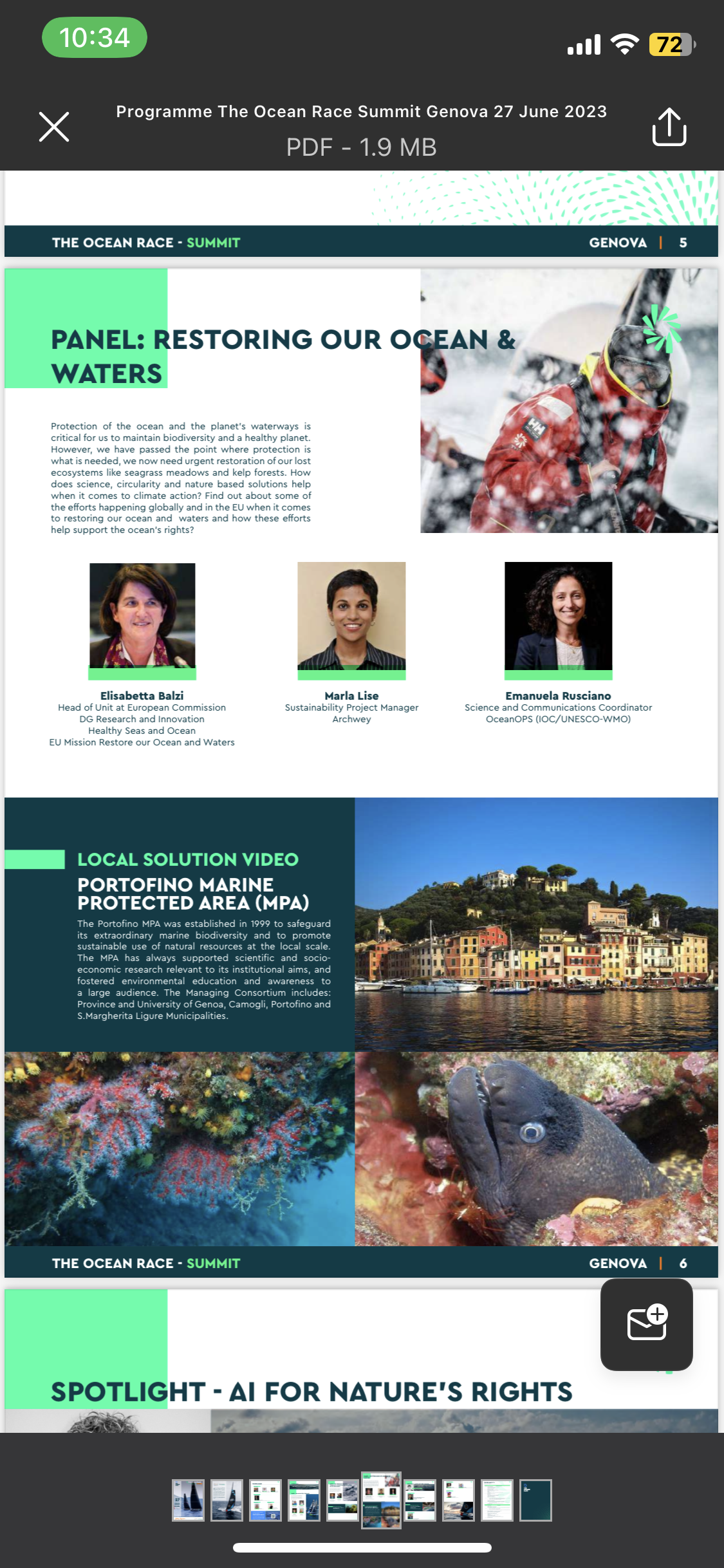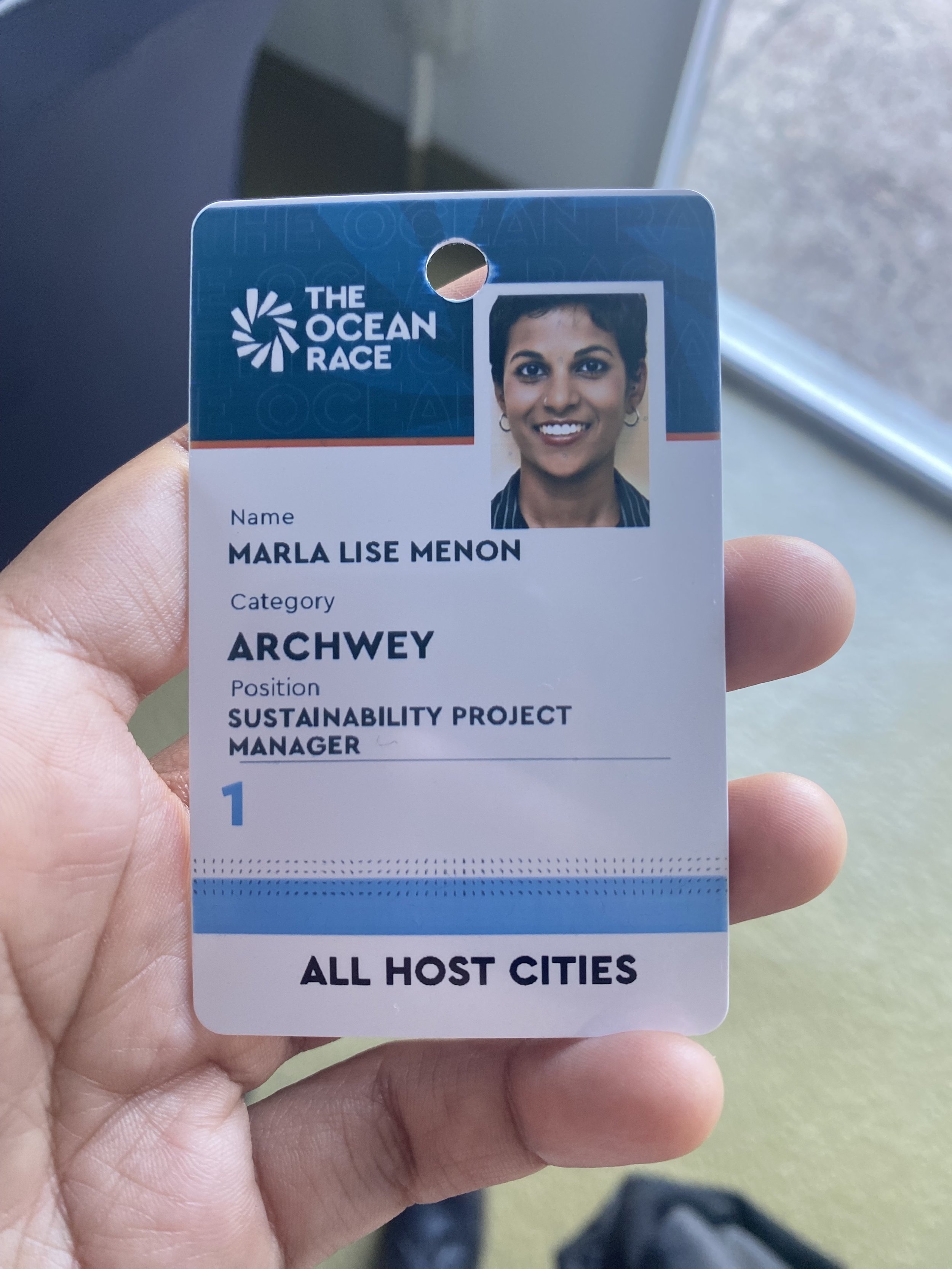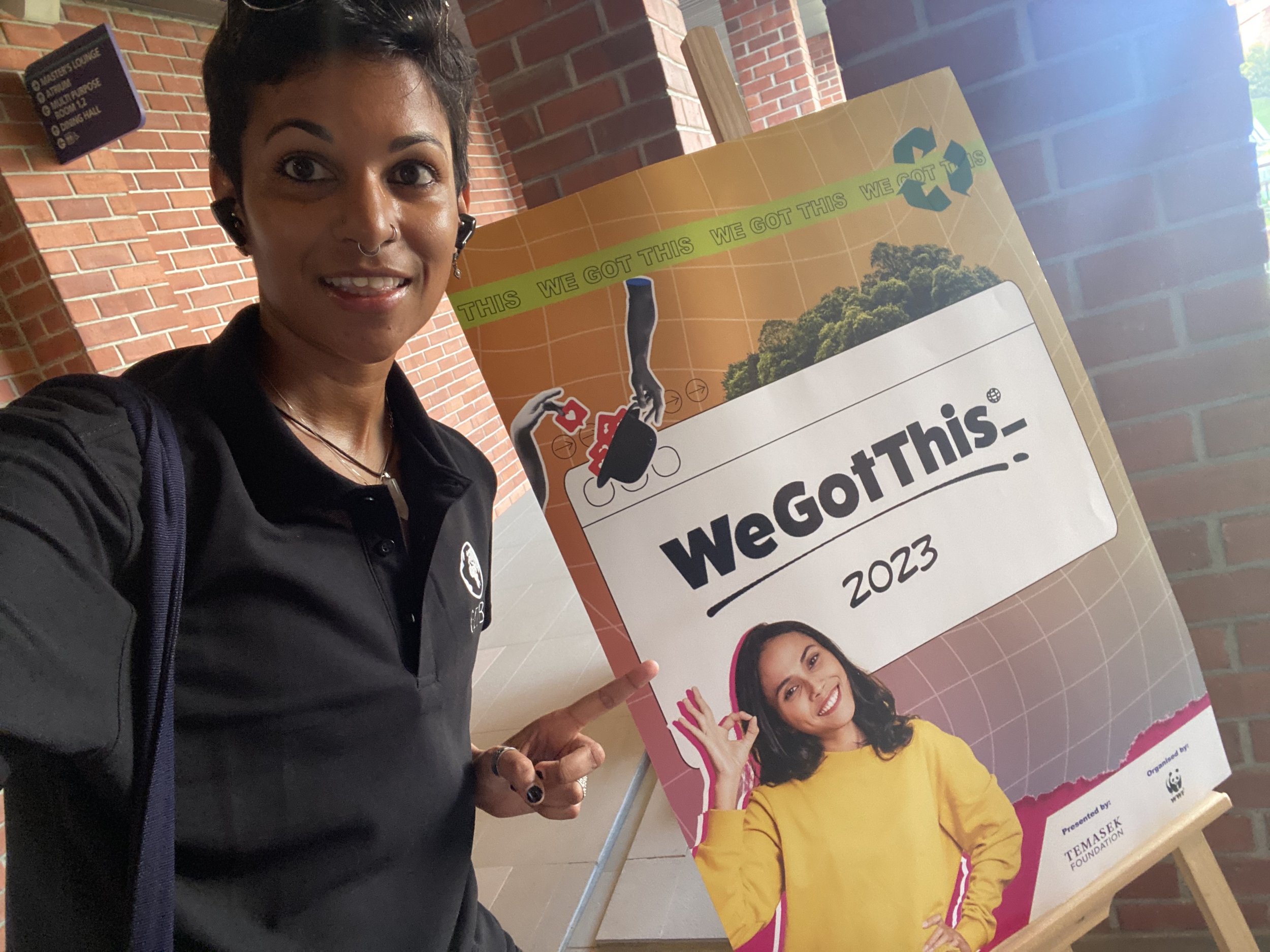Sustainability is a Hoax
Now that I’ve got your attention, don’t get me wrong, I work in sustainability too, but while looking at choices for my next employment opportunity and reading a million job descriptions, I had to stop and think. What is my objective and why do I want to remain in sustainability?
Today’s mainstream ideas of ESG and sustainability was started in 2004 by the United Nations in their Who Cares Wins report. The subtitle of the report was, “Connecting Financial Markets to a Changing World”, and the endorsing institutions were banks. Sustainability in the modern-day definition, wasn’t based on saving the planet. It was coined to make sure companies didn’t lose money when the world fell apart around them. Some of the paragraphs in the report read like this, “Companies that perform better with regard to these issues can increase shareholder value by, for example, properly managing risks, anticipating regulatory action or accessing new markets, while at the same time contributing to the sustainable development of the societies in which they operate. Moreover, these issues can have a strong impact on reputation and brands, an increasingly important part of company value.” Although I didn’t read the report from end to end, I did a word search for the word ‘climate’, and found that in almost every single sentence, it was collocated with ‘financial’, ‘future earnings’, ‘competitiveness’, ‘pricing’ and ‘risk’.
Now, I did two short courses last year before I got this sustainability role, and apparently it was enough to become a sustainability professional: two different versions of, “Introduction to Sustainability Reporting.” The number of sustainability professionals I met while in this role, told me that they had absolutely no background in environmental related subjects, were either stolen from the marketing or HR team, or like me, had worked in communication. Wordsmiths are the sentinels of today’s climate. Language doctors are the ones on the frontline for human rights. Poets spin rhymes of a world without crime. Literary mediums, alliteration, poetic justice. These are the determinants of whether your sustainability report is good or not.
The idea of materiality in sustainability report writing is in itself, flawed. I asked my teachers about this in both courses, and later continued to question sustainability professionals I met from varying industries. “So, if I just choose something that I think is important, because we can spin a good, positive story about it, then I put it in my sustainability report, ya?” I mean, who’s saying what must or must not be put in one? How do some go on for 100 pages, and others stop at 12? How are we going to change the world if bad guys can just say, I don’t want to include the fact that I loot and plunder, but instead, report that I adopt an orangutan in Indonesia as an office mascot?
Imagine this. An office, in the CBD, everyone walking around in winter jackets, all lights are on, the view overlooks the Singapore river. The office is sprawling. There is a wine fridge, expensive paintings on the walls, and everyone has an Apple Macbook, keyboard, mouse and monitor. Management flies business class, of course. Seven people are flown to Cape Town, to watch a sailing race. All the company does in terms of sustainability, is sell recycled plastic. Now, there is no easy way to tell whether plastic has been recycled or if it is virgin fossil fuel based plastic. But still, the company’s CEO gets listed in a magazine as one of “Asia’s Sustainability Leaders.” He gets asked to speak at a panel discussion at an international marine conservation forum, and asked to be a speaker to highlight the company’s work on decarbonisation.
Did you know that many of the magazines and conferences allow you to be featured and to speak, if you pay for it?
How does someone get to be praised for sustainable work? They pay. Then, they pay a PR company to put the story together, and a marketing team to edit it, and advertise it. Sustainability at the end of the day, is about profit margins. If you look good, you get paid good too. It’s also always about who you know, right? That goes for any industry. The big voices, get heard, and get chosen. Who’s actually checking on how sustainable they are?
So, coming back to the questions mulling around in my head, what is sustainability’s objective? Why do we spend so much money on wanting to look good? We spend millions of dollars coming up with alphabet soups of legislations, reporting standards and certifications, but is this all a distraction from what is actually going on? I mean, let’s remember that at the end of the day, the term carbon footprint came from an oil company.
Why are we not spending millions of dollars to send sustainability report writers to environmental science school? To learn about natural resource management and pollution control and mitigation, rather than how to craft reports, some with little cars, that help you navigate your way through this compendium about how great the company is doing. Why are we not spending millions of dollars to fund NGOs that are working in places, sometimes with only volunteers, in order to save the planet, and pick up the enormous amounts of plastic waste polluting our waterways? Sustainability reports in themselves, emit their own share of carbon, either through printing, keeping them in databases, or sending people across countries to calculate emissions. What are they really doing to save our one and only, Earth?
How did sustainability become the one thing saving us from impending climate disaster?
How did carbon emissions become the biggest factor here? Have you noticed by the way, that in the Singapore Green Plan, there is no mention at all of animals or biodiversity? Instead, there is a goal of planting a million trees. I mean, if you ask me, why don’t we keep the existing trees and take care of them, rather than cut them down and plant new ones? Why should 1 million trees be a goal? Is this what sustainability means? Showing off rather than refusing, reusing, and reducing? Shouting from the mountaintops that you’re sustainable, in order to gain traction, funding and investment, rather than modestly planting subsistence farms, being completely organic, buying second-hand, carrying reusable, not consuming unnecessarily.
What is the objective here?
What can we in this industry do to make sure that we are not greenwashing, and just coming up with fancy terminology, PR gimmicks and marketing stunts to make my company better than yours? What can we do to make sure that we don’t have “Sustainability is in our DNA” as nothing but a call sign?
Circular economies promote use and do not switch off the tap. People pay more for things that are green, so sustainability managers make sure we write in eco-language. We claim products are recyclable so that they will be chosen, even though the infrastructure to recycle doesn’t exist. Are these sustainability concepts considered greenwashing?
Is sustainability then perpetuating the problem?
I don’t have an answer for this of course. I am not perfect, and I am definitely no sustainability veteran. But I do know that when I did my MSc in Environmental Science, now 12 years ago, the world was falling to pieces. Every lesson was a lesson in doom and gloom. It was depressing. And the animal science bachelor’s degree before that was no different. So how can climate change be getting worse, when most of us have heard about it, and been told what to do in order to stop it for the last decade? How can sustainability be the answer, when we as sustainability communicators are being made to learn things that don’t directly help the planet? Why isn’t there more science involved? Why isn’t every company linked up with climate scientist or human rights advocate? Why don’t we have a Chief Climate Change Officer?
If we do not make change happen, then who else is going to do it? And how long more does this planet have before we decide to cooperate with it and think about the real objectives of working in sustainability, in sustainable companies and being a sustainable leader?
So, why do I want to remain in sustainability? Because my objective is to communicate change, and together, we still have a lot of work to do.


















